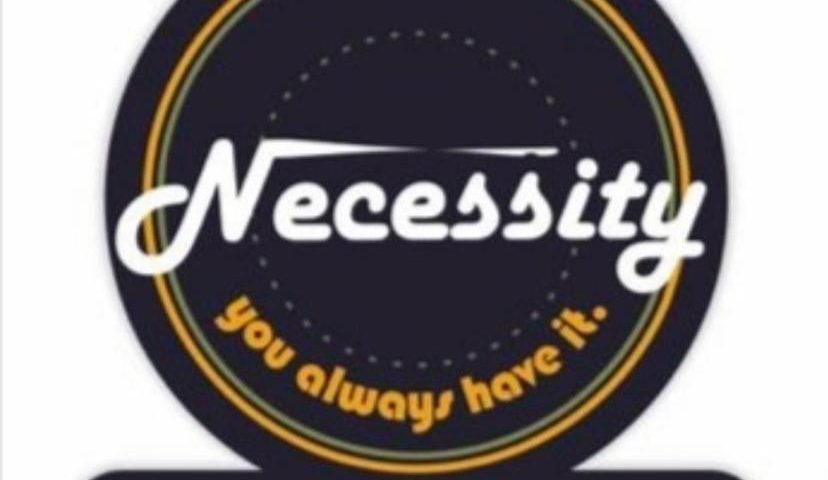Getty
November is National Entrepreneur Month. Studies show that 30% of new businesses are started by people over the age of 50, so you might be wondering how they do it.
One of the biggest challenges entrepreneurs face, after coming up with an idea, involves financing that new business. If you have been working for a while, there is no doubt that you have had the opportunity to allocate some money for this purpose. On the other hand, that savings may not be enough.
You might consider asking for money from the usual sources: family, friends, or your neighborhood bank.
But did you know there may be a source closer to home?
It’s sitting right there in your 401(k) plan. This strategy is referred to as “Rollovers As Business Startups” or “ROBS”. Although it is an unfortunate abbreviation, there are situations where this strategy makes sense.
What is ROBS?
By rolling over your 401(k) from your previous employer, you already know the basics. There is a twist, though. Instead of investing in publicly traded companies, use the money to invest in a private company you are about to start.
“ROBS is a marketing tool designed to help individuals get out of corporate America and fund their retirement plans for a new business or franchise,” says Herman (Tommy) Thompson Jr., financial planner at Innovative Financial Group in Atlanta. “The idea is that instead of investing your retirement funds in publicly traded companies, you can use your retirement funds to buy shares of your own company.”
Can I use ROBS to start a business?
If you are looking to start a new business, ROBS can be an interesting option.
“ROBS are special 401(k) rollovers that want to leave their employer and start a business,” says Ryan Schuchman, an investment advisor and partner at Cornerstone Financial Services in Southfield, Michigan. “Effectively, 401(k) funds can be used to obtain start-up capital for a new business or an existing business.”
There are specific rules you must follow if you want to apply the ROBS strategy to your situation. This is where you are entering uncharted territory.
“ROBS is an arrangement where prospective business owners can use money from their tax-qualified plans,” said Marcia S. Wagner, managing member of the Wagner Law Group in Boston. “A ROBS plan uses rollover assets to purchase new C corporation stock. That is, the taxpayer transfers the money into a shell corporation without any equity benefits. The plan allows 100 percent of the shares held in the rollover account to be used to acquire the corporation’s stock. These plans are typically subject to IRS determination. You will register a letter, even if such letter is limited to determining the language of the scheme.Although there are many problems associated with ROBS transactions, the advantage is that you will get new business without paying any income or excise taxes.
Just because you transferred your retirement assets from your previous employer doesn’t mean you missed out on this opportunity. ROBS funding can come from your IRA.
“The trick here is that a small business sets up a 401(k) plan, and the owner rolls over money from another qualified source, such as an IRA or an existing employer plan, and uses it to make a lump-sum purchase of cash in the plan,” says managing director of Integrated Retirement Services in Highland Park, New Jersey. Jason Grantz said, “The plan is now ‘owner/custodian’ of stock certificates, and the owner now withdraws the money without taxes applied to them. For small businesses, you can find quality financing elsewhere or use them as an inexpensive form of financing for qualified owners.
Is ROBS a good idea?
There are many advantages to using ROBS options to support a new business. Remember, this is like any other stock purchase in your retirement plan. It’s not like taking a loan from your 401(k) account. If you go through the hoop, you’ll have access to your retirement fund tax-free and without having to pay interest.
“ROBS can be a great way to fund your business without taking on debt or having to give up equity in your company,” says Linda Chavez, founder and CEO of Senior Life Insurance in Los Angeles. “Basically, ROBS allows you to use your retirement savings to start or grow your business. There are a few requirements to use ROBS. First, you must have a 401(k) or other qualified retirement plan. Second, your business must be a C-Corporation. Finally, you must be able to purchase stock in your company. You should use the money from your retirement account. Once you meet these requirements, you can transfer your retirement savings to your company’s 401(k) plan. This retirement account allows you to take advantage of the tax benefits and use the funds to grow your business.
What can ROBS be used for?
The fact that ROBS requires the formation of a C-Corporation means that your new business will not have the benefit of getting up and running. You need to be familiar with all the reporting requirements this entails.
“Any other business cannot use ROBS because you need to buy private equity,” Hamza Usmani, head of content at Believe Money in Karachi, Sindh, Pakistan. “Corporations require a lot of paperwork to set up and manage, so work with a professional to make sure all the details are covered.”
There’s another twist: What if your new company hires employees?
Tiffany Payne, head of content at Pharmacy Online in Burnley, England, said: “Under the ROBS framework, the company must manage a pension scheme and make it available to all eligible employees.” “This means you will need to file a Form 5500 every year detailing the plan’s activities. Most ROBS providers can help you with these obligations for a monthly fee, but maintaining them properly takes a lot of time and work.”
The bottom line is that ROBS can be a viable financing option, but it requires a degree of work that you may not be prepared for.





